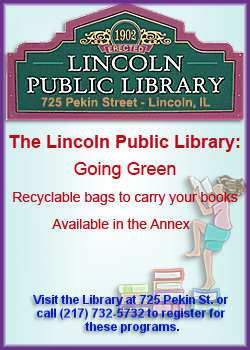| ||||||||||
| ||||||||||
The new federal program, called NIDAMED, aims to break another barrier: How doctors not trained in addiction medicine can tell the difference between experimenting and abuse, and what they should do for a patient with a problem. Already, New York City officials have told the government they're planning to incorporate NIDAMED into the health department's electronic medical records, enabling more than 1,000 providers in underserved parts of the city to use it.
Don't patients just lie? Sure, some do. "Help your doctor read between the lines," says patient information accompanying NIDAMED.
There are consequences. Lie about what's in your system and you might be prescribed a legal drug that could trigger a deadly interaction. Lie if you're pregnant and you can hurt your baby. The key, say doctors who routinely screen, is earning patients' trust and explaining they're not being judgmental: Substance use is a medical problem.
"We're not the police," says D'Onofrio. Medical information is confidential.
"Get to know them as a person and treat them as a person, and care, frankly," adds Jack.
Dana Moulton of Boston recalls long ago being hospitalized with hepatitis and concealing that he was trying to kick a nearly 20-year heroin addiction. But one doctor sat by his bedside, talking about a mutual love of books and eventually coaxing Moulton to reveal his struggles in methadone treatment. Moulton credits that doctor's help with his success in going drug-free a decade ago.
"It was the first time someone did not stigmatize me, showed me genuine concern about my health issues despite the fact that I was a substance abuser," recalled Moulton, now 58 and with Massachusetts' substance-abuse office. "He dealt with me as a human being."
[Associated
Press;
Copyright 2009 The Associated Press. All rights reserved. This material may not be published, broadcast, rewritten or redistributed.

News | Sports | Business | Rural Review | Teaching & Learning | Home and Family | Tourism | Obituaries
Community |
Perspectives
|
Law & Courts |
Leisure Time
|
Spiritual Life |
Health & Fitness |
Teen Scene
Calendar
|
Letters to the Editor